How to Choose an Irrigation Pump
Choosing the right irrigation pump is essential as it helps maximize efficiency, evenly distribute the water, and ensure that the water requirements are met.
Irrigation pumps are the foundation of an efficient irrigation system. An irrigation pump helps transfer sufficient water to a landscape to ensure it stays healthy or to an agricultural field to allow the crops to thrive. Choosing the right irrigation pump is essential as it helps maximize efficiency, evenly distribute the water, and ensure that the water requirements are met. Most irrigation pumps are powered by electricity, while others may use gasoline, propane, or diesel as the power source. Here are the primary types of irrigation pumps:
Centrifugal
Centrifugal irrigation pumps are suitable for moving water from lakes, streams, wells, and reservoirs. Surface centrifugal pumps are the most commonplace, with owners placing them above the water level. These pumps should be filled with water or primed before use and are ideal for horizontal or vertical operation. These are affordable, easy to install, available in different capacities, and offer a constant flow rate. However, these need to stay close to the water supply surface.
Submersible
Submersible pumps, as the name suggests, are installed underwater. They use dry motors or wet motors and boast a higher efficiency. These pumps are suitable for deep and crooked wells and do not require priming like centrifugal pumps. The downsides to these pumps are that they are only electricity-powered and are vulnerable to a lightning strike.
Turbine
These pumps are ideal for places where the water supply surface fluctuates. Their ability to use suction to get the water up makes them more versatile, high performing, and more efficient at providing high total dynamic head (TDH) and flow rates. Also, they do not require priming and can use electric or combustion power. In addition, turbine pumps do not produce a lot of noise while operating. However, turbine pumps require periodic impeller adjustment, have high upfront and maintenance costs, and are also difficult to install and repair.
Propeller
Axial flow and mixed flow are two types of propeller pumps. They are ideal for situations where a high flow rate is required, and the pump is near the water supply surface. The impellers used for axial pumps are similar to marine motor screws, while those used in mixed flow are semi-open or closed. Propeller pumps boast simple construction and can support portable operation but cannot lift water through suction and can't provide enough energy output.
Criteria for choosing an irrigation pump
The essential factors to consider are:
Pump durability
Upfront cost
Local weather patterns
Available power source
Discharge and pressure requirements
Efficiency
Land acreage to be serviced
Maintenance requirements
Operating conditions (for example, water source type, flow rate, suction head)
Select the best irrigation pump
Most pump manufacturers provide all the data that can help determine pump efficiency. However, pump requirements differ based on their purpose and where they will be used.
Pump specialists can consider a project's specific irrigation requirements to recommend the most optimal pump system. The best pump is the one that integrates well with the irrigation system and the specific operational needs.
Pump Repair Services has over 32 years of experience providing reliable irrigation pump repair and centrifugal pump repair services in the Orlando area. Our extensive industry knowledge and experience allow us to handle any well or pump-related issues efficiently. 24-hour emergency services available. Call us to book a service and get outstanding service and customer experience.

